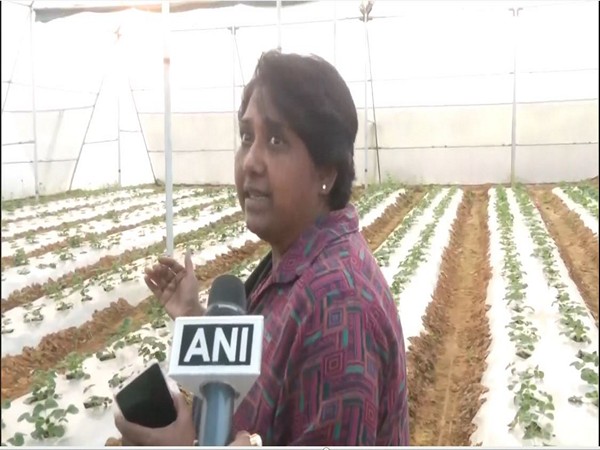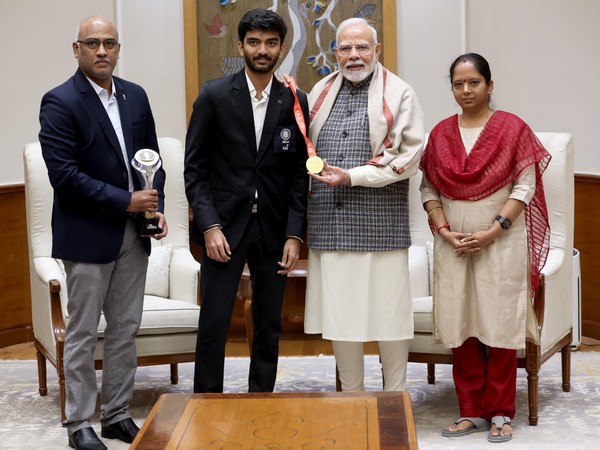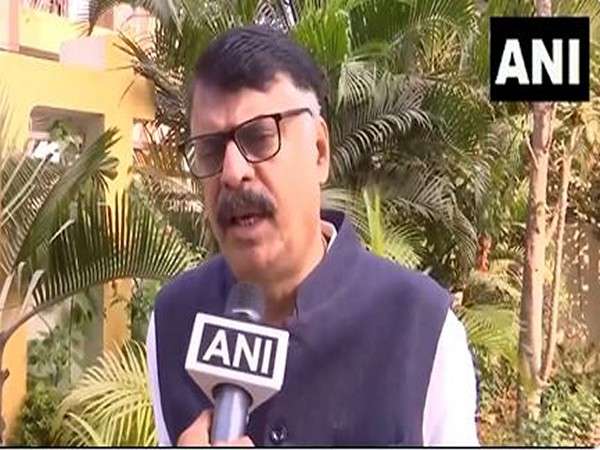Agartala (Tripura) [India]. December 28 (ANI): Strawberry, a profitable cash crop traditionally grown in winter, is making strides in Tripura’s agricultural landscape. With its favourable winter climate and growing local demand, the State Horticulture Research Station in Nagicherra has undertaken experimental cultivation of the crop in both open fields and naturally ventilated playhouses for the first time this year.
Strawberries are widely cultivated in regions like Mahabaleshwar, Nainital, Bangalore, and Kalimpong in India. Inspired by this success, Tripura is now tapping into its potential to grow this high-demand fruit. The experimental project aims to extend the crop’s yield period, allowing farmers to benefit from longer harvesting times and improved financial returns.
The project utilizes four improved strawberry varieties–Festival, Winterdon, Ileana, and Formuna. These varieties, grown from tissue-culture-produced seedlings sourced from Pune, were planted on November 13 and 14. A total of 900 plants were cultivated in the playhouse, and 304 plants were planted in open fields.
Over the past 40 days, the plants have been carefully monitored and cared for, with growth and flowering showing promising results. Experts predict that the yield will meet expectations, providing a significant boost to the state’s agricultural economy. 
This initiative not only highlights Tripura’s potential for diversifying its agricultural produce but also offers a model for other farmers to adopt strawberry cultivation as a means of enhancing their livelihoods. The extended harvest period expected from this experiment could further strengthen the state’s position in the growing strawberry market.
Sagarika Bhattacharjee, Assistant Director of the State Horticulture Research Center, Agartala, told ANI, “The Horticulture Research Station here is where I have been working for the past three years. Every year, we cultivate different varieties of strawberry plants. The tissue culture plants we are importing are from Pune, and we observed that the winter variety produces very well. For the climate and soil of Tripura, this is the first time we are starting to use naturally ventilated playhouses as protected structures”
“This year, we are cultivating in ventilated poly houses because these structures maintain a controlled temperature, which takes about three months for strawberry plants to fruit. After three months, the production is typically over. However, by using these protected structures, we can extend the production period. We plan to complete the process by February, as the temperature rises after that,” Bhattacharjee added.
She also spoke about the challenges of the rain for the strawberry production.
“With the use of our protective structures, we can extend the strawberry production period to three to five months. The only challenge might be the rain, which can cause some difficulties. I would advise the farmers of Tripura that this method is very profitable, as both the temperature and soil conditions here are very favourable for strawberry cultivation,” Bhattacharjee further mentioned. (ANI)
Disclaimer: This story is auto-generated from a syndicated feed of ANI; only the image & headline may have been reworked by News Services Division of World News Network Inc Ltd and Palghar News and Pune News and World News
HINDI, MARATHI, GUJARATI, TAMIL, TELUGU, BENGALI, KANNADA, ORIYA, PUNJABI, URDU, MALAYALAM
For more details and packages

















